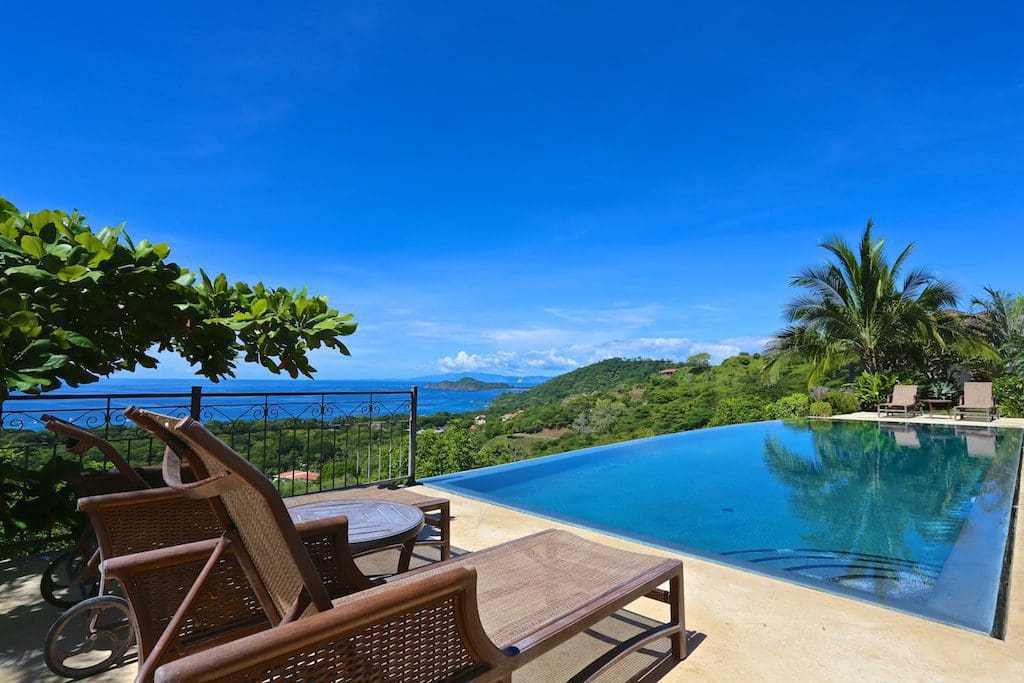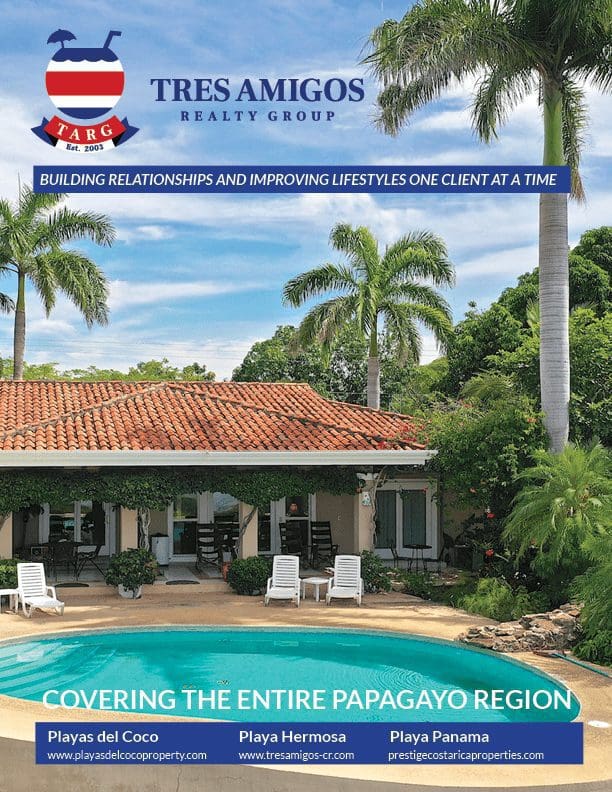
Buying Real Estate in Costa Rica: The Basics
PART 1
Now that international borders have reopened, the real estate market in Costa Rica is starting to heat up. Our next two articles will focus on the basics of making a real estate purchase in paradise. Buying real estate in Costa Rica has many variations from what is common in the U.S., Canada and other home countries. These articles are meant to provide a basic overview.
It is not required by law to be a Costa Rica resident to own real estate in Costa Rica.
First steps:
- Legal and technical searches (due diligence)
Before any purchase, due diligence searches may be performed by the buyer’s attorney, checking that all the paperwork of the property is in order. That means ensuring that there are no outstanding charges or taxes and there are no encumbrances or liens on the property. During the due diligence period, the buyer and buyer’s attorney shall have the right, but not the obligation, to perform a complete study on the property, including but not limited to: physical, title and survey, confirmation of no adverse possession, survey plan, boundaries, and other documents.
2. Costa Rica residency application
To apply for residency in Costa Rica, the Costa Rican government requires applicants to provide proof of financial stability in one of three ways:
- As a retiree with pension: Certification that the applicant receives a lifetime pension of at least $1,000 USD per month.
- As an investor: Must demonstrate a real estate investment in Costa Rica with a value of at least $200,000 USD.
- As the holder of a fixed annuity: Certification that the applicant receives a guaranteed annuity of $2,500 USD, per month, for at least two years.
Other requirements are to provide a birth certificate, police records and marriage certificate, if applicable, duly apostilled. Note: It is not required by law to be a Costa Rica resident to own real estate in Costa Rica.
3. Mandatory Shareholders Registry with the Central Bank of Costa Rica:
The Law 9416 states that each corporation must proceed with the mandatory disclosure of corporate ownership or final beneficiary to the Central Bank of Costa Rica (BCCR). Starting in 2021, the mandatory disclosure submission must be within the month of April, as well as when there is any corporate ownership transfer that represents 15% or more of the capital stock.
4. Obligations for Inactive Corporations:
A new resolution (N° DGT-R-02-2021) was announced that requires inactive corporations to:
- Register with the tax office in the Single Tax Registry (RUT). In the RUT, these corporations must be registered under code number 960113.
- Submit annual returns of their assets, liability and shared capital. In the past, only corporations that were active or producing income, had a filing obligation with the tax office.
The definition of an inactive corporation is: “…those companies incorporated in the country that do not have lucrative, income producing, activity of a Costa Rican source. “This includes all commercial companies, branches of foreign companies and individual limited liability companies.
The first filing for the “inactive corporations” will be within 2.5 months from the date of notification from the tax office that the new tax forms are available (sometime within the second or third quarter of 2021)
5. Protecting the investment through estate planning
Executing a testamentary disposition (testamento), or a will, can be one of the most reliable alternatives in estate planning.
- The testamento is the legal instrument, executed in accordance with formalities established by CR Law, that allows a person, testator, to determine how his or her assets will be managed and distributed at the time of death as well as to appoint the executor of his estate.
- The testamento can be limited to disposition of assets within Costa Rica only, and has no legal effects, until the person’s death. Before that moment, the testamento can also be revoked or modified by the testator.
Our next article, Buying Real Estate In Costa Rica: The Basics — Part 2, will focus on the various taxes that are required on real estate holdings. Buying property in the land of pura vida is an investment many CR nationals and foreign investors take advantage of. We are available for your real estate questions. Please feel free to contact us at info@gmattorneyscr.com

